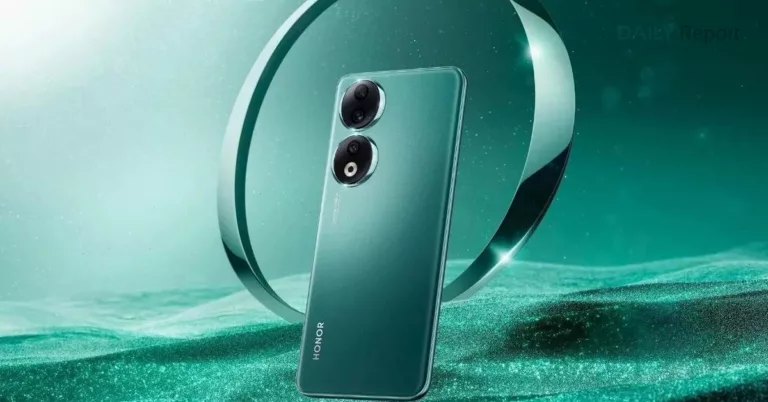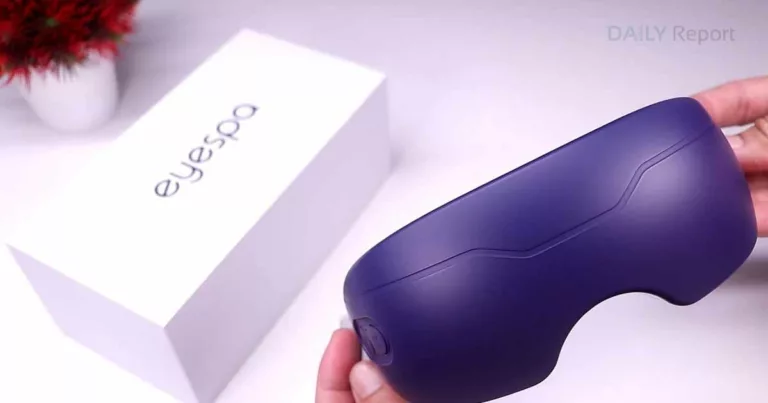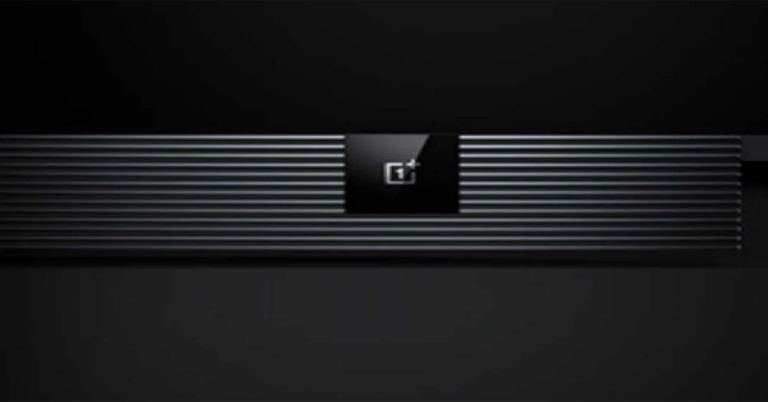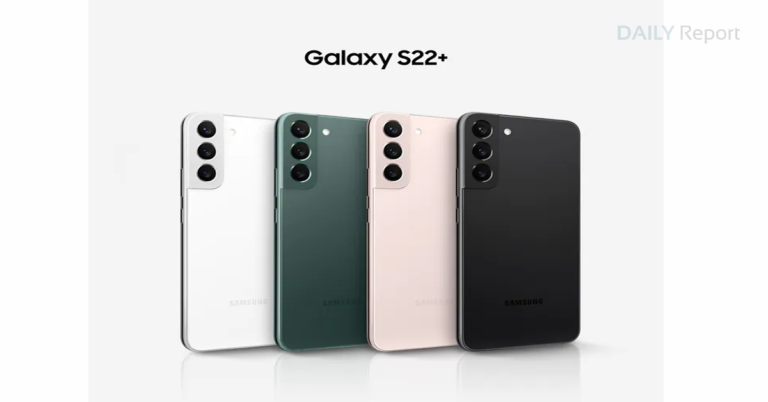A Comprehensive Guide to Choosing the Right Fitness Tracker
In an era where health and fitness have taken center stage, fitness trackers have emerged as valuable tools to monitor and track our physical activities. These wearable devices have revolutionized the way we approach our fitness goals, providing us with valuable insights and data to make informed decisions about our health. With the market flooded with a plethora of fitness trackers, finding the right one can be overwhelming. This comprehensive guide aims to simplify the process by highlighting key factors to consider when choosing the perfect fitness tracker for your needs.
1. Determine Your Fitness Goals
Before delving into the world of fitness trackers, it’s crucial to establish your fitness goals. Are you looking to lose weight, improve cardiovascular health, track your daily steps, or monitor your sleep patterns? Identifying your objectives will help you narrow down the features and functionalities you need in a fitness tracker.
2. Consider Your Desired Features
Fitness trackers come with a range of features to suit different needs. Some common features to consider include:
a. Step Counting and Distance Tracking: Most fitness trackers offer basic step counting and distance tracking. Look for trackers with accurate pedometers and GPS functionality if you prioritize these features.
b. Heart Rate Monitoring: Heart rate monitoring allows you to track your heart rate during workouts and throughout the day. Opt for a tracker that uses optical sensors for accurate and continuous heart rate monitoring.
c. Sleep Tracking: Sleep tracking helps analyze your sleep patterns, including duration and quality. If you’re interested in improving your sleep habits, choose a tracker that offers comprehensive sleep monitoring.
d. Calorie Tracking: If weight loss or maintenance is your goal, consider trackers that estimate calories burned during activities and provide insights into your daily calorie intake.
e. Waterproofing: If you enjoy swimming or water-based activities, ensure your fitness tracker is waterproof and suitable for use in aquatic environments.
f. Compatibility and Synchronization: Check if the tracker is compatible with your smartphone’s operating system and whether it syncs data seamlessly with fitness apps or other devices.
3. Design and Comfort
Since fitness trackers are meant to be worn throughout the day, it’s crucial to choose one that feels comfortable and suits your personal style. Consider factors such as size, weight, strap material, and overall aesthetics. Look for trackers that offer interchangeable straps to match your outfit or mood.
4. Battery Life and Charging
Battery life is an essential aspect to consider, as it determines how often you need to recharge your fitness tracker. Some trackers may require daily charging, while others can last for several days or even weeks. Evaluate your usage patterns and choose a tracker with a battery life that aligns with your needs. Additionally, check the charging mechanism and ensure it is convenient and user-friendly.
5. App and Data Analysis
Fitness trackers usually have accompanying mobile apps or web platforms that provide detailed insights into your activity data. Research the app’s user interface, compatibility with your smartphone, and the depth of analysis it offers. Some apps provide social features, allowing you to compete with friends or join fitness communities for added motivation.
6. Brand Reputation and Customer Support
Considering the reputation of the brand is essential when purchasing a fitness tracker. Established brands often have better customer support, regular firmware updates, and a wider range of compatible accessories. Research customer reviews and ratings to gain insights into the product’s reliability, accuracy, and overall user satisfaction.
7. Price and Budget
Fitness trackers are available in various price ranges, from budget-friendly options to high-end models with advanced features. Set a realistic budget based on your requirements and compare different models within that range. Remember that higher-priced trackers often come with additional features, better build quality, and more accurate sensors.
8. User Reviews and Recommendations
Before making a final decision, read user reviews and seek recommendations from friends or online communities. Real-world experiences can provide valuable insights and help you make an informed choice.
Conclusion
Choosing the right fitness tracker can significantly enhance your fitness journey by providing accurate data, insights, and motivation. By considering your fitness goals, desired features, design and comfort, battery life, app functionality, brand reputation, budget, and user reviews, you’ll be well-equipped to make a smart decision. Remember, there is no one-size-fits-all solution when it comes to fitness trackers, so choose the one that aligns best with your needs and preferences. Embrace the power of technology and embark on a healthier, more active lifestyle with your ideal fitness tracker by your side.






